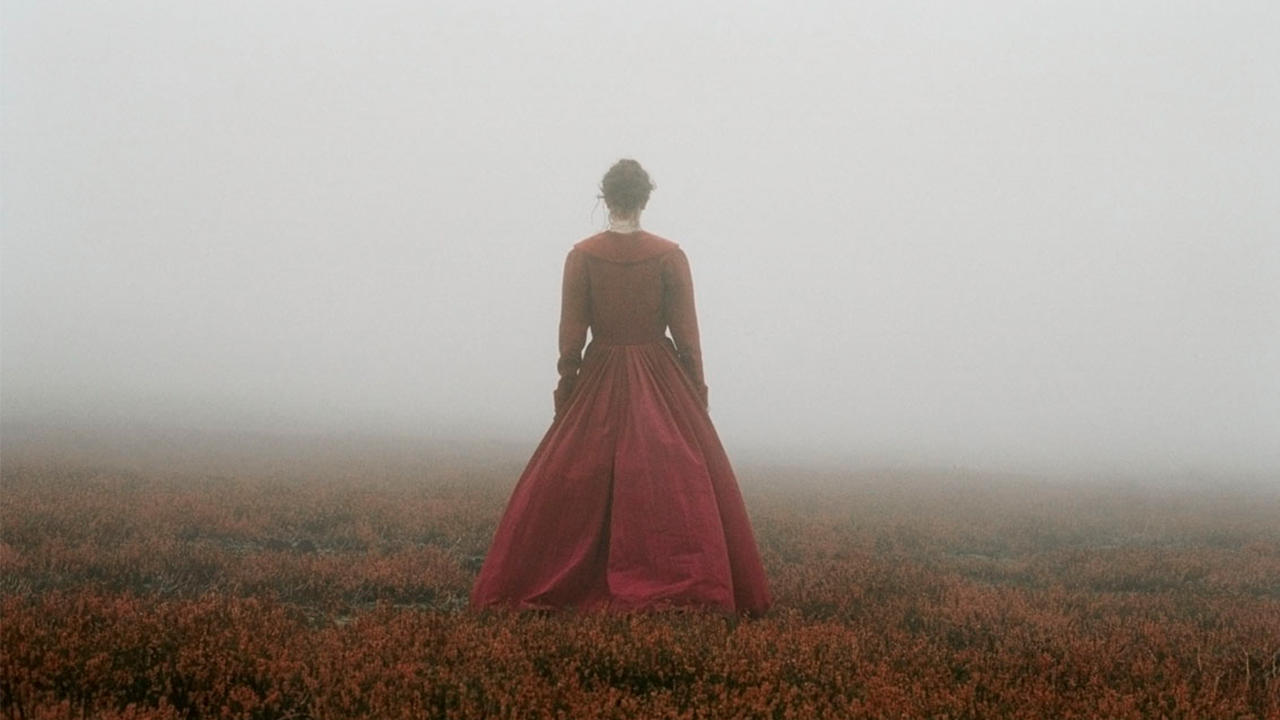
Much has been said about love, for it is one of the most powerful emotions we can feel. It is said that it’s universal, that wherever you go there is love to be found; there is love in creation and love in destruction. When it’s good, life seems joyful and colorful, and when it doesn’t work out, its destructive powers can completely consume us.
Love is a widely misunderstood feeling, for we want from it only sunshine, warmth, and happiness. We idealize it, trying to find in it the Holy Grail that will finally release us from the burden of suffering. The other side of love – real love – is more often than not left in the dark, maybe with the hope that if we don’t look at it it will disappear. But we cannot escape from disappointment, heartbreak and disillusion forever.
I have compiled a list of 15 films that elaborate on that part of love we don’t like to look at, when it’s sour and so painful it might kill us. These films acknowledge the fact that there is no heaven without hell.
1. Ascenseur Pour L’échafaud (Elevator to the Gallows – Louis Malle, 1958)
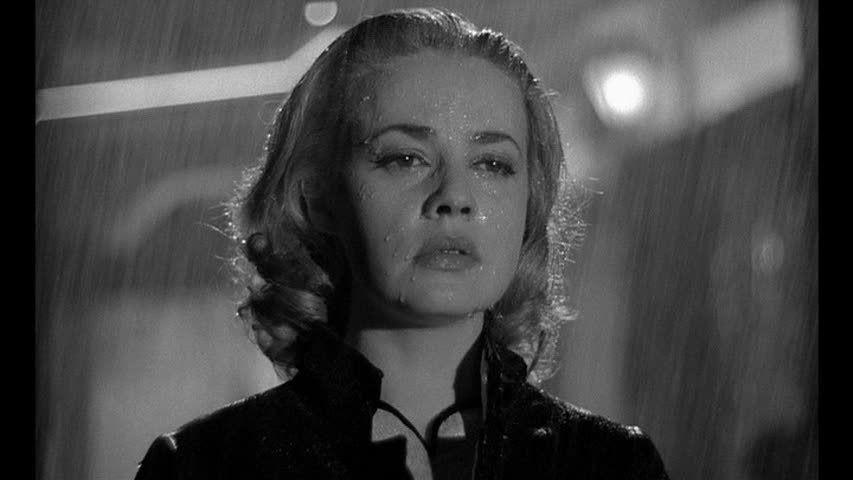
The fate of two couples is fatally intertwined in Louis Malle’s “Elevator to the Gallows”. Julien Tavernier and Florence Carala are lovers, and they decide to flee together. After a phone conversation, Julien sets out to murder Mr. Carala, his boss and his mistress’ husband, making it seem like a suicide. Just when he is ready to meet his lover and flee, he realizes he left evidence. He storms back into the building while leaving his car running, and a young lady and her boyfriend take it for a ride.
A web of crime and misunderstandings is woven throughout the film, leading to the death of two German tourists, sealing the fate of the four lovers. The tragic chain of events depicted in the film, accompanied by an amazing soundtrack composed by jazz musician Miles Davis, starts with love, desire, and plans for the future, and ends with death, imprisonment, and disillusion.
2. Julieta (Pedro Almodóvar, 2016)

Loss, grief, confusion, and the search for answers are a few of the themes explored in Pedro Almodóvar’s latest film. In “Julieta” we are told the story of a mother whose daughter vanished without any explanation after she became 18. The film is told by a series of Julieta’s flashbacks after she stumbles upon a childhood friend of her daughter.
In this film we witness Julieta’s descent into paralyzing depression twice; first after the death of her husband, and then after her daughter’s disappearance. Grieving mothers are a constant subject in Almodóvar’s works; in his films, we can constantly find an understanding gaze into those women tragically branded by their love for their children.
3. Nosferatu: Phantom der Nacht (Nosferatu the Vampyre – Werner Herzog, 1979)
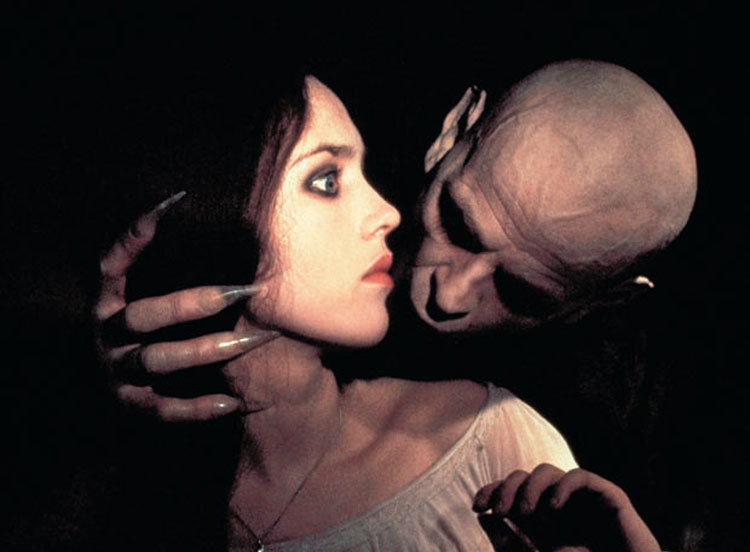
Werner Herzog’s remake of classic horror film “Nosferatu” is the tale of a desperate monster who suffers the grief and the agony known only to those who have been denied love. Klaus Kinski masterfully embodies Count Nosferatu, a lonely ‘man’ who wishes to buy a house in the town of Wismar. Jonathan Harker, a real estate agent, is sent to his castle, where Nosferatu bites his neck and then runs away with the purpose of reaching Harker’s wife.
This eerie and dismal piece of art shows the fight between love and fear. Count Nosferatu embodies lovelessness; he lives in the pain being immortal yet unable to find love. The world of “Nosferatu” is one in which pain, death, and madness have defeated love.
4. El Secreto de sus Ojos (The Secret in Their Eyes –Juan José Campanella, 2009)
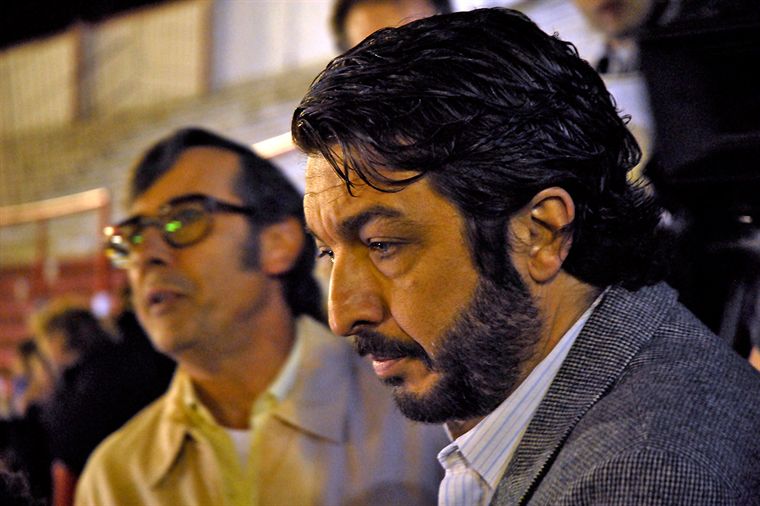
Argentinean director Juan José Campanella won the Academy Award for Best Foreign Language Film with his neo-noir/love story opus called “The Secret in Their Eyes”. Benjamín Esposito, the film’s hero, is an obsessive lawyer who gets involved in the case of the rape and murder of a young woman. After his retirement, he sets out to write a novel about the case, thus starting a new investigation in which he, as a writer, will have to confront his own feelings.
The story of the investigation develops alongside the relationship between Esposito and Irene, a Harvard-educated lawyer with whom he falls in love and whose love is always thwarted by obstacles that make its consummation impossible.
5. In the Mood for Love (Wong Kar-wai, 2000)
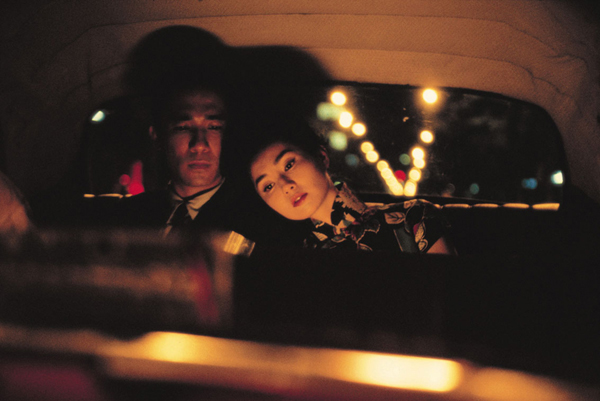
Wong Kar-wai’s “In the Mood for Love” is an iconic masterpiece that delves into desire, disappointment, and the strange places love goes while we are not looking. Its stunning visual lyricism leads us through the story of Chow Mo-wan and Su Li-zhen, a pair of neighbors who start a relationship when they find out their partners are having an affair with each other.
The cinematography is exquisite, and through its graceful movements we see Chow and Su reenact their partners’ affair, trying to reconstruct the story to figure out how it began and how it develops. Their relationship turns into a pantomime of infidelity, and the moment of culmination, of true emotional connection, never comes, paving the way for disappointment and disillusion.
6. In a Lonely Place (Nicholas Ray, 1950)
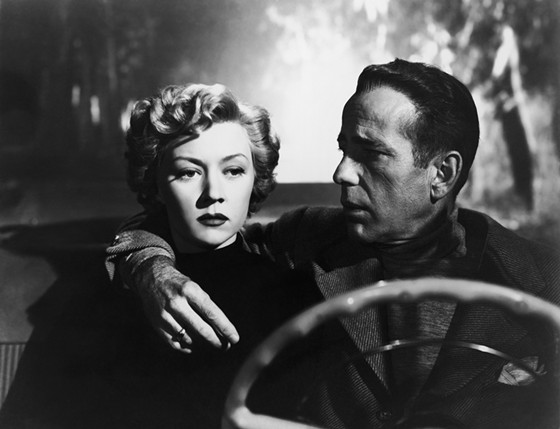
This film by Nicholas Ray tells the story of Dixon Steele, a violent and impulsive screenwriter who is suspected for murder after a hat-check girl who he invited to his house is found dead the next day. Being questioned by the police, Laurel Gray, his neighbor, confirms his alibi. They then start a relationship doomed by the lurking shadow of the doubt.
Dixon embodies the archetype of the tormented artist; a person with great sensibility and creative energy who is a victim of unbearable emotions and visions, making them emotionally unstable. His explosive and unpredictable character is the reason Laurel feels attracted to him in the first place, but it is also the reason she feels suspicious about his innocence once she gets to know him. This is the story of two tragic lovers whose love burns bright before its noisy collapse.
7. Krótki film o miłości (A Short Film About Love – Krzysztof Kieślowski, 1988)
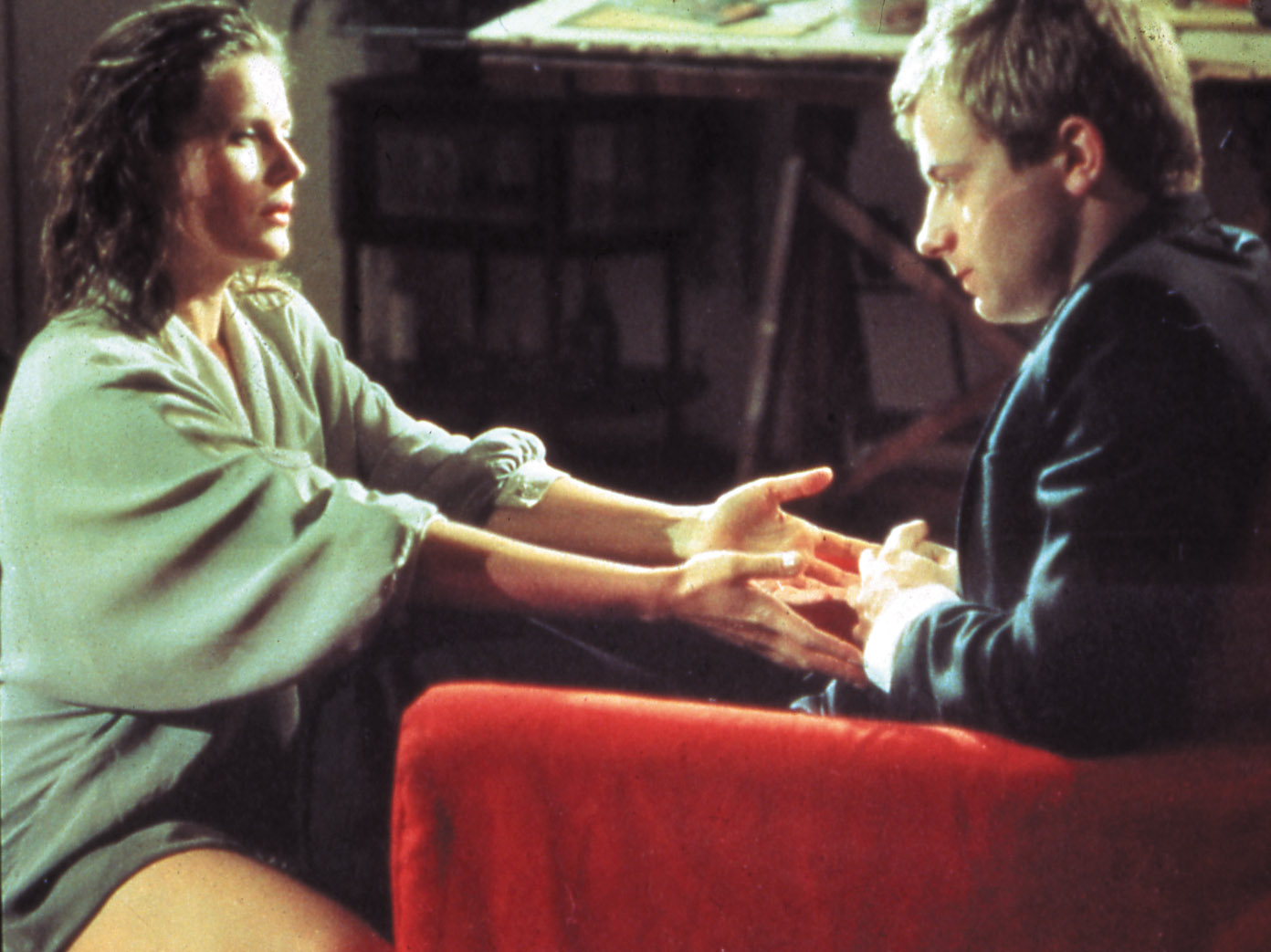
Krzysztof Kieslowski is one of those directors who can be regarded as a poet; in his films we can always take a deep look into the depths of the human heart.
“A Short Film About Love” is an extended episode of Kieslowski’s “Dekalog”, and it tells the story of Tomek, a young man who is in love with his neighbor. She lives in the building in front of his, and he spies on her every night with a pair of binoculars. Tomek manages to arrange a couple of seemingly casual encounters with her, and after awhile they go on a date together.
He is young and inexperienced, and she is an adult woman who has had her fair share of lovers. We witness Tomek’s first experiences with love and sex, although things don’t go quite right for him. Pleasure and pain, euphoria and heartbreak; in this film, as in life, touch and circumstances are often stronger than any individual.